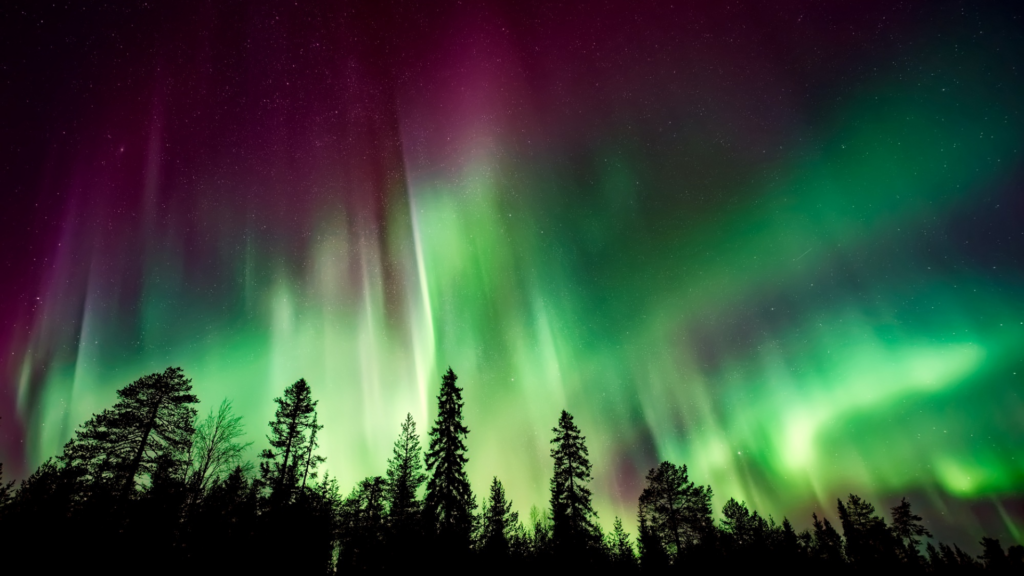Brussels is in with a small chance of glimpsing the Northern Lights until Thursday this week, but experts have warned against getting too excited.
The National Oceanic and Atmospheric Administration (NOAA), a US government body, says the Aurora Borealis may appear in Canada, the northern US and even northern Europe (United Kingdom, Germany, the Netherlands and Belgium) this week, given recent solar storms triggered by geomagnetic surges on earth. Geomagnetic storms – such as the ones seen in May – generate "solar mass ejections" (CMEs), which create Aurora Borealis when they interact with Earth's magnetic field.
A storm classed as G3 ("high") was expected to arrive from Tuesday onwards. While the non-profit SpaceWeatherLive corroborates the NOAA's findings, founder and analyst Sander Vancanneyt warns that the initial storm was not as strong as anticipated and that the phenomenon may not stretch as far as Belgium after all.
"Chances of seeing Northern Lights this week were not as high as certain media have insinuated," he told The Brussels Times. "There was a chance of a strong G3 geomagnetic storm that should be just enough for Belgium, but the arrival of the anticipated CMEs were not that strong [on Tuesday] and thus didn't spark any geomagnetic storming."
Vancanneyt added that there might be "some new chances" of spotting the Northern Lights in the near future, as further CMEs are likely.
The Royal Meteorological Institute (RMI) remains more optimistic, however. "There is a high probability of seeing the Lights, but clouds might make this more difficult," a spokesperson told The Brussels Times, recommending that those determined to witness the phenomenon should leave the city and head for the countryside.
Alongside conjuring up the Aurora Borealis, CMEs can cause damage to electrical and telecommunication networks. Solar activity operates on an 11-year cycle and is currently reaching peak activity. A "solar maximum" is expected to occur between late 2024 and 2026.

